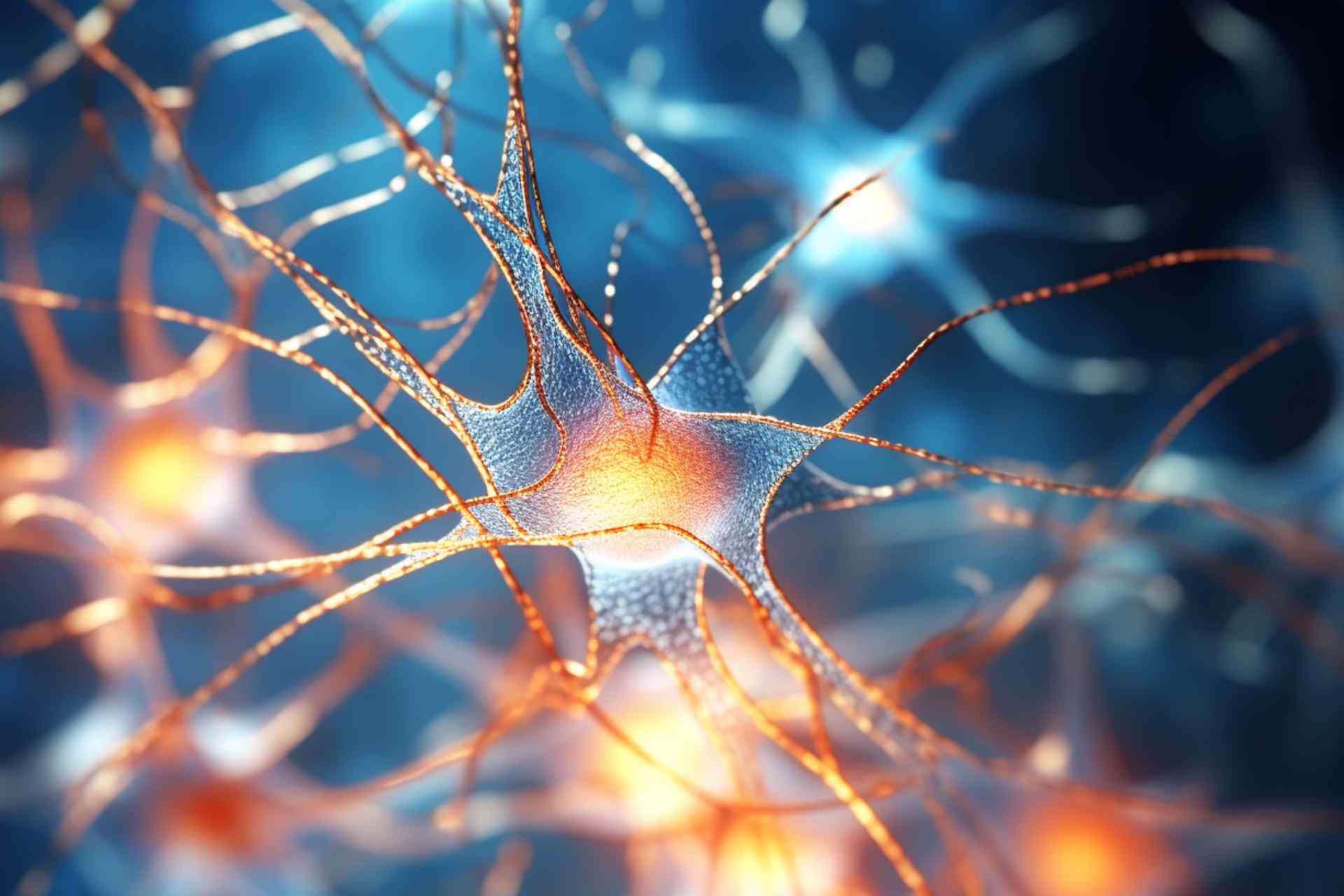What is already known
In some people, severe pneumonia — an acute inflammation of the lungs caused by infectious pathogens — can cause neurological problems. However, the mechanisms underlying this phenomenon remain mysterious.
What this research adds
Researchers found that mice that recover from severe pneumonia show anxiety-like behaviors, impaired cognitive ability and short-term memory as well as reduced motor function compared to controls — likely because of an over-activation of the brain’s resident immune cells following the translocation of bacteria from the lungs to the central nervous system. Treating mice with a drug that reduces inflammation improved brain function and reduced pneumonia-induced behavioral problems.
Conclusions
By suggesting that the bacteria detected in the brain after severe pneumonia originate from the lungs, the findings shed light onto the mechanisms of pneumonia-induced neurological conditions.
In some people, severe pneumonia — an acute inflammation of the lungs caused by infectious pathogens — can cause brain conditions. Now, researchers have found that some of the neurological problems after severe pneumonia are in part related to the translocation of endogenous bacteria from the lungs to the brain.
The findings, published in Science Advances, suggest that the bacteria detected in the brain after severe pneumonia originate from the lungs.
A common complication of severe pneumonia, neurological disorders can greatly reduce a patient’s quality of life. One example is the ‘brain fog’ associated with long-COVID, the researchers say. “Some people who have been infected with severe acute respiratory syndrome coronavirus 2 (SARS-CoV-2) struggle for weeks to months with concentration issues and other cognitive symptoms that are associated with changes in the brain structure.”
However, why some people who recover from severe pneumonia develop neurological conditions remains mysterious. To address this question, the researchers — led by Qingle Ma at Soochow University in Suzhou, China — induced acute pneumonia in mice and then tested the behavior of the animals that recovered from the disease.
Altered behavior
The researchers found that mice that recovered from pneumonia showed anxiety-like behaviors, impaired cognitive ability and short-term memory as well as reduced motor function compared to controls.
A closer analysis of the animals’ brains showed that microglia — the resident immune cells of the brain — were in an activated state, suggesting that problems with brain function are a common feature in mice after severe pneumonia.
The team also observed bacteria in the mice’s brain during acute pneumonia. The number of bacteria in the brain increased within the first week of pneumonia and then gradually reduced within 30 days after pneumonia.
Bacterial translocation
Further experiments showed that bacteria that translocated from the lungs to the brain during pneumonia were responsible for the altered behaviors observed in mice. The translocation of bacteria was associated with an increased permeability of the lungs and brain during pneumonia, the researchers found.
In the microglia, signaling pathways involving mTOR and other signaling molecules were upregulated, suggesting that some of these molecules may be therapeutic targets.
Indeed, treating mice with rapamycin — an inhibitor of mTOR — improved brain function and reduced pneumonia-induced behavioral problems. Rapamycin has been previously shown to dampen inflammation and inhibit some of the pathological events associated with neurodegenerative disorders.
“Our work provides insights into the mechanism of neurological syndromes after severe pneumonia, which is partly attributed to the translocation of endogenous bacteria from the lung to the brain,” the researchers say.









